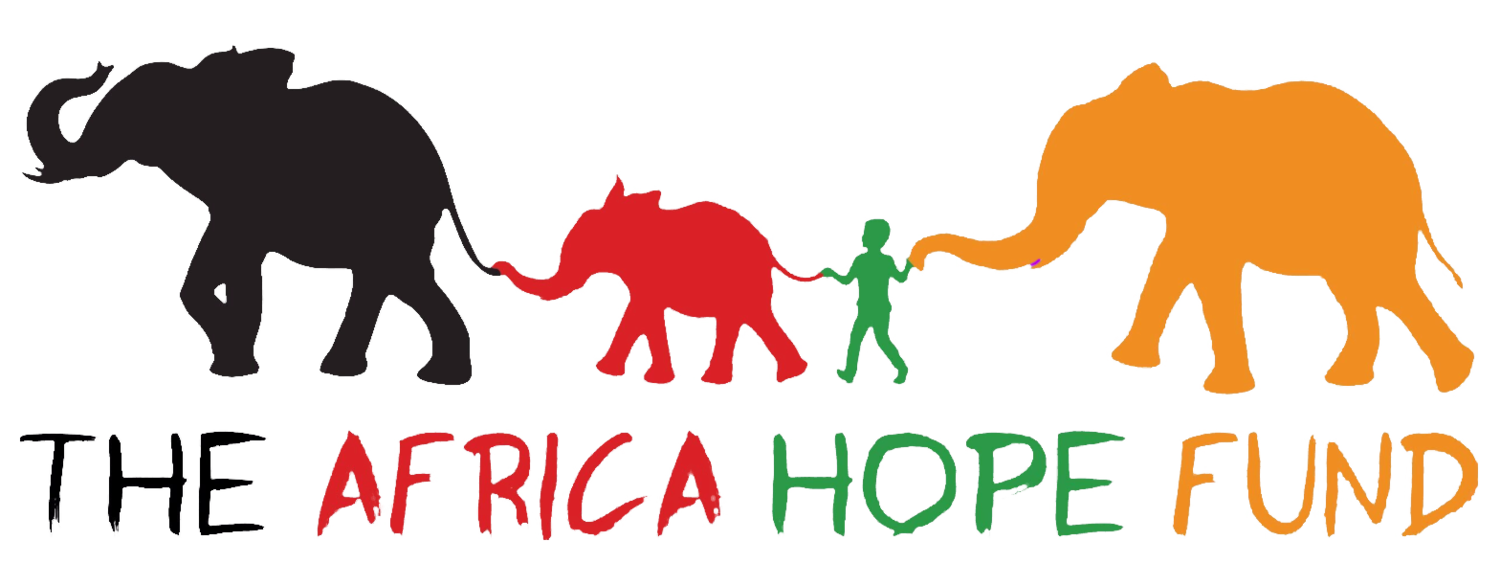From Fear to Understanding: Kids and Elephants
One afternoon, as my husband and I drove into the village of Mfuwe in eastern Zambia, we were on our way to visit one of our literacy centers near South Luangwa National Park. Suddenly, we spotted a small herd of elephants emerging from the dry riverbed, heading straight into the heart of the village. Children were playing in the road, and as the elephants approached, the kids began throwing rocks to drive them away.
For many children in the village, elephants are seen only as threats—animals that raid their fields and damage their homes and food stores. The danger is real; villagers are sometimes injured or killed when they surprise an elephant or get too close. Instinctively, I jumped out of our vehicle, shouting for the children to stop and urging them to move back. They looked at me in confusion, not understanding why I was upset when they believed they were only protecting their community.
This reaction is understandable. Despite the fact that many villagers work for lodges that rely on tourism or sell their crops to those same lodges, most grow up fearing and resenting elephants. Yet these magnificent animals are vital to the region—not only do they attract the tourists who support the local economy, but their presence helps shape the landscape so other wildlife can thrive.
That’s why several organizations we support, like Chipembele Wildlife Education Trust, Conservation South Luangwa, and the Zambian Carnivore Programme, run programs to teach children about the importance of wildlife and even take them on game drives into the national parks. These parks, which draw visitors from around the world, are often out of reach for local families due to cost and lack of transportation. Sadly, many of these vital education programs are now at risk as previous funding commitments have been withdrawn.
Poaching remains a harsh reality for many communities, making it even more crucial for children to learn early on about the value of protecting wildlife. Our literacy centers, along with partners like Chipembele, weave environmental education into their curriculum, while Conservation South Luangwa continues the difficult work of rescuing animals from snares and working with Zambia’s Department of National Parks and Wildlife to combat poaching.
At Africa Hope Fund, we are dedicating the rest of 2025 and the first half of 2026 to raising the funds needed to keep these essential conservation and education programs running. We believe that by supporting these efforts, we can help change how children and their families see the wildlife that shares their home—and secure a brighter future for both people and animals.
